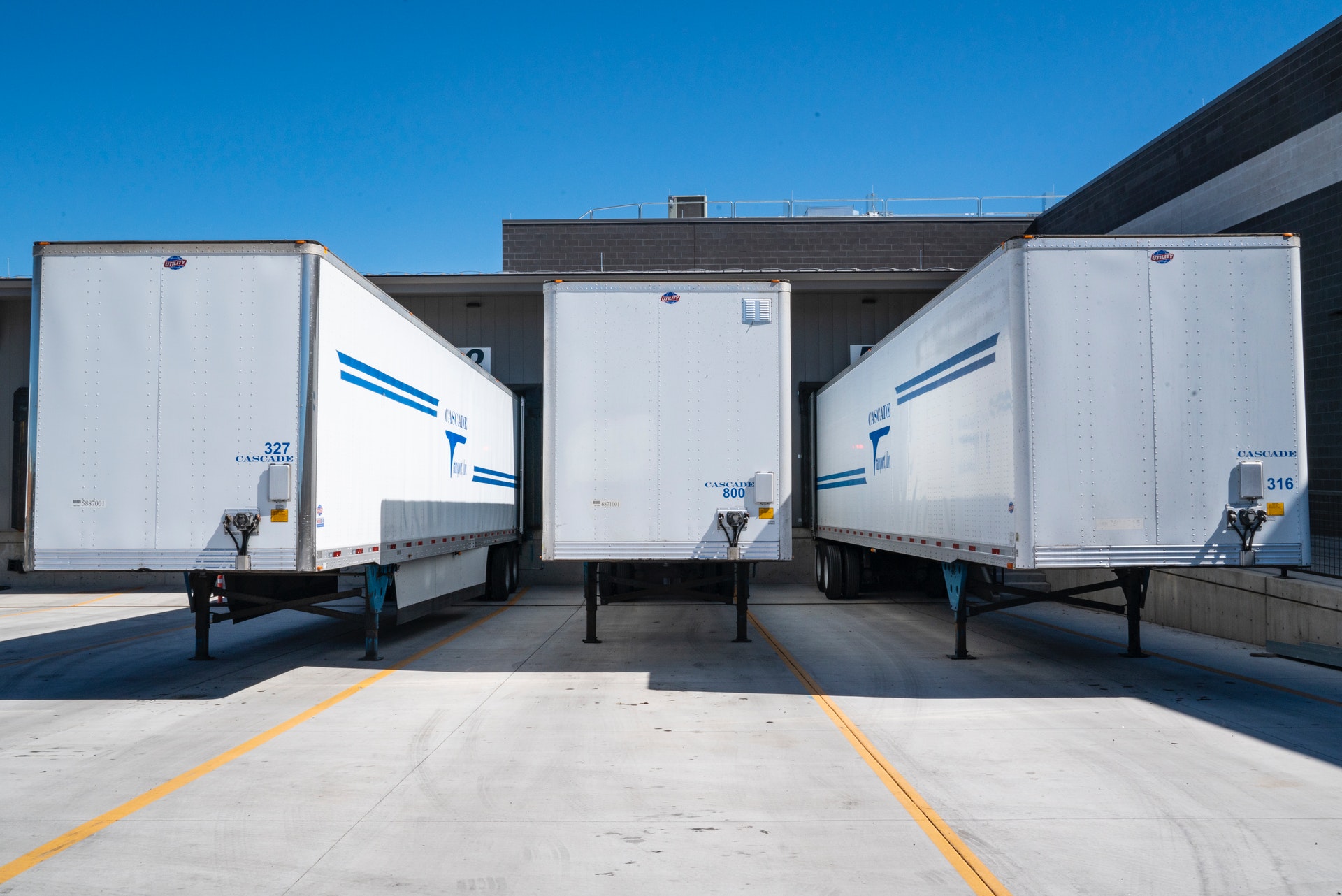Shortages In The Retail Industry
In the retail industry, shortages can have a significant impact on your business. Not only do they cause lost sales and missed opportunities, but they can also lead to customer dissatisfaction and increased costs. This blog post will discuss how to reduce the impact of shortages on your business and cover topics such as inventory management, forecasting, supplier relationships, as well as other strategies that may help dealing with shortages in the retail industry.
Inventory Management
One of the best ways to reduce the impact of shortages is by having an effective inventory management system in place. This includes having accurate inventory levels and ensuring that your stock is properly rotated. It’s also important to have a process for dealing with out-of-stocks, such as expediting orders from suppliers or using backup suppliers.
Forecasting
Another key element of inventory management is forecasting. By predicting future demand, you can ensure that you have enough stock on hand to meet customer needs. Forecasting can be done manually or using software tools like demand planning tools or sales forecasting tools.
There are a number of factors that can impact your forecasting accuracies, such as seasonality, promotions, and new product launches. However, by taking these factors into account, you can improve the accuracy of your forecasts and reduce the impact of shortages on your business.
Supplier Relationships
In addition to inventory management and forecasting, having strong relationships with suppliers is another way to reduce the impact of shortages. By collaborating with suppliers and sharing information about your business needs, you can increase the likelihood that they’ll be able to meet your demand. You should also have contingency plans in place in case one of your suppliers is unable to meet your needs. This could include working with multiple suppliers or stocking up on inventory ahead of time.
This will help you when there are shortages, as they may be able to help you meet demand by shipping more products to you or allocating additional inventory. It’s also helpful to have a good understanding of your supplier’s capabilities so that you can plan for potential shortfalls.
Other Strategies
There are a few other strategies that can help reduce the impact of shortages. For example, you can offer substitutes or rain checks to customers when items are out of stock. You can also run promotions to clear out inventory that’s in short supply. And finally, you can use technology to your advantage by using tools like barcode scanners and RFID tags to track inventory levels in real-time.
By implementing these strategies, you can reduce the impact of the effects of shortages in the retail industry. However, it’s important to remember that shortages are a part of doing business, and there will always be some risk of stock-outs.
Shortages can have a significant impact on your business, but there are ways to reduce their impact. By having an effective inventory management system, maintaining good relationships with suppliers, and using other strategies like promotions and Substitutes, you can minimize the disruptions caused by shortages.

